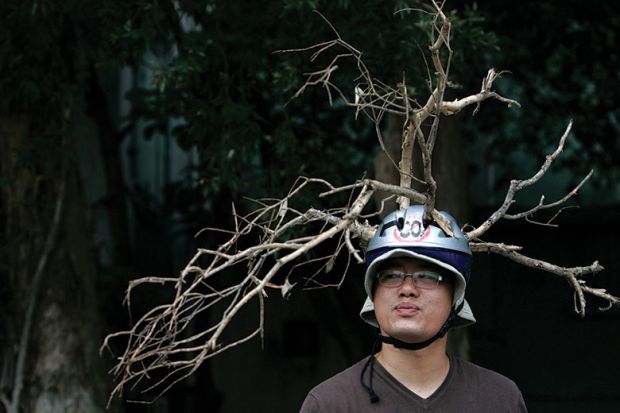Browse the full Emerging Economies University Rankings 2020 results
To compete with other higher education systems in the global arena, Taiwan’s Ministry of Education proposed the “Aim for the Top University Project” in 2005, investing a large amount of money in 12 universities for 10 years.
The project successfully helped the universities improve their internationalisation and competitiveness in global university rankings, but it also drew some criticism for its narrow focus on institutional research performance. At the end of the project in 2017, the ministry revised the policy and proposed a new five-year initiative, the “Higher Education Sprout Project”, which is critically impacting the development of Taiwan’s higher education system.
In line with the project’s focus, three trends will be observed in the near future.
1. More problem-solving oriented teaching and learning
With the advent of globalisation and the current knowledge-based economy, cultivating multiskilled students is crucial. For most universities, traditional lectures and tests are far from enough. The Higher Education Sprout Project is an attempt to guide universities to emphasise teaching innovation and students’ ability to solve intricate and real problems, in order to help higher education institutions better connect with industry and society. The development of interdisciplinary learning on campus, for example the newly established College X at National Cheng Kung University, is seen as an important means of fulfilling these requirements. In addition, considering that a university should not be an ivory tower but rather a living lab, the government proposed a “University Social Responsibility” programme in 2017. It plays a vital role in guiding Taiwan’s universities and bridging theory and practice for meaningful learning to realise the aim of “regional revitalisation”.
2. More global engagement
Implementing the United Nations’ Sustainable Development Goals (SDGs) is imperative, and global higher education sectors should be helping by all means possible. Having reformed pedagogy and increased international collaborations in the past decade, universities in Taiwan are internationally engaged at different levels. For example, the SATU Presidents’ Forum, a global platform led by Taiwanese institutions, addresses critical issues and the actions that should be taken with partner universities from south and south-east Asia. In addition, following the goals of the national “New Southbound Policy”, universities are building more teaching and research collaborations with institutions in south and south-east Asia. For each university, the idea of implementing the SDGs is also gaining prevalence through both formal and informal curricula. Meanwhile, evidence that some Taiwanese universities are promoting the SDGs can be seen in the results of the Times Higher Education University Impact Rankings 2019.
3. More cultural inclusion
Taiwan is a multicultural and democratic country known for preserving traditional Chinese culture. For the past 20 years, universities in Taiwan have been engaged in building a welcoming environment and providing more English taught programmes for international students. Some universities provide prayer rooms and halal restaurants for Muslim students, while others offer buddy programmes to foster mingling between international and local students. The number of international students in Taiwan has reached a record high of 130,000, with about 22 per cent coming to Taiwan to learn Chinese. In terms of recruiting international talent, with the support of the “Yushan Project” launched in 2018, more and more internationally renowned scholars are considering working at research universities in Taiwan. These Yushan scholars bring new perspectives that boost innovation and help to cultivate talent.
Unlike the past emphasis on top research universities, the Higher Education Sprout Project aims to support most universities and to focus on the learning outcomes of all students. Using innovative teaching methods, universities can cultivate students’ critical thinking ability and capacity for independent, lifelong learning, thus making them more adaptable and desirable members of the workforce and society. In addition, universities are encouraged to advance by identifying their own strengths, which will further bolster their global networks.
Five years from now, it is expected that higher education in Taiwan will look very different.
Chia-Ming Hsueh is assistant research professor at National Cheng Kung University.
Register to continue
Why register?
- Registration is free and only takes a moment
- Once registered, you can read 3 articles a month
- Sign up for our newsletter
Subscribe
Or subscribe for unlimited access to:
- Unlimited access to news, views, insights & reviews
- Digital editions
- Digital access to THE’s university and college rankings analysis
Already registered or a current subscriber? Login







